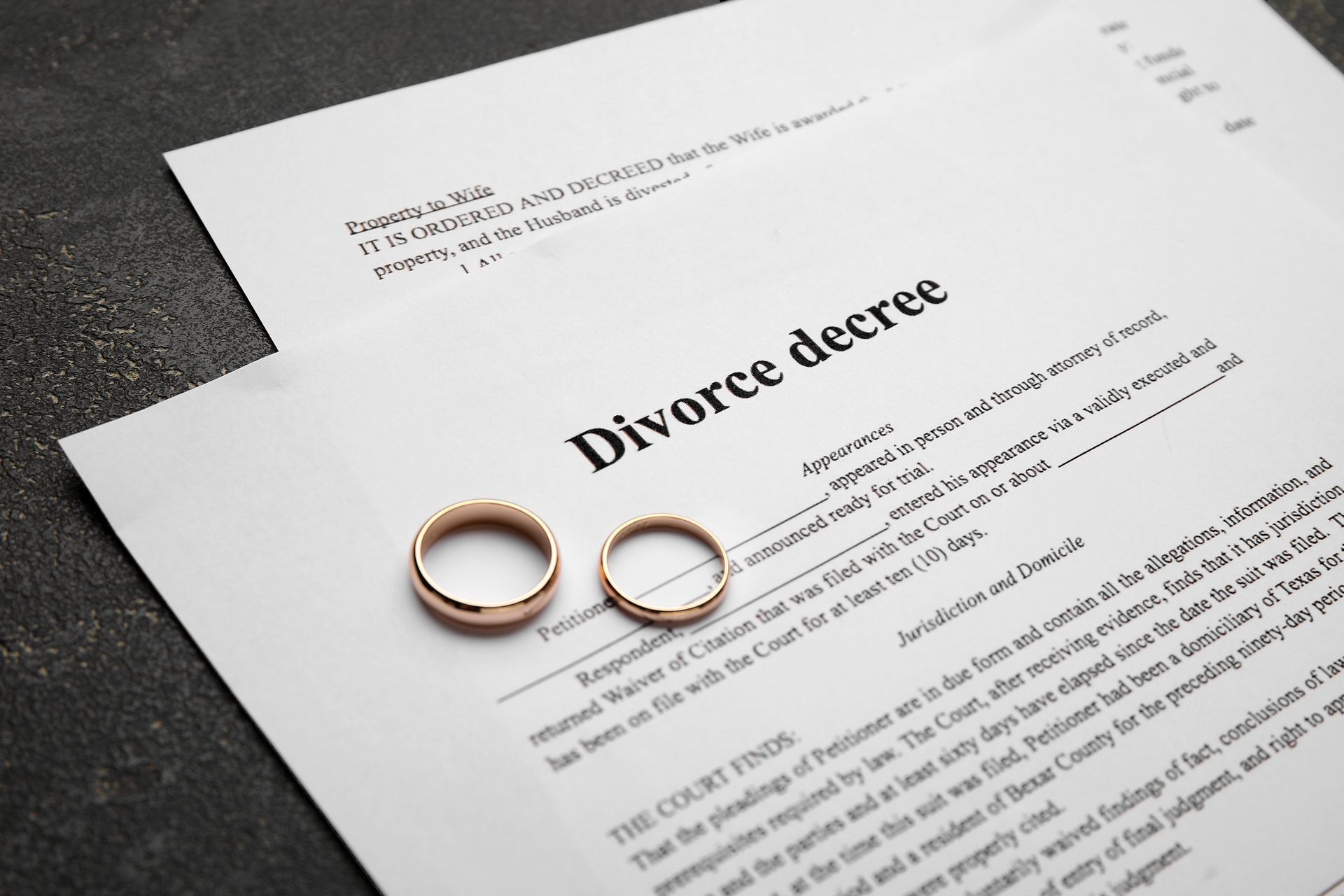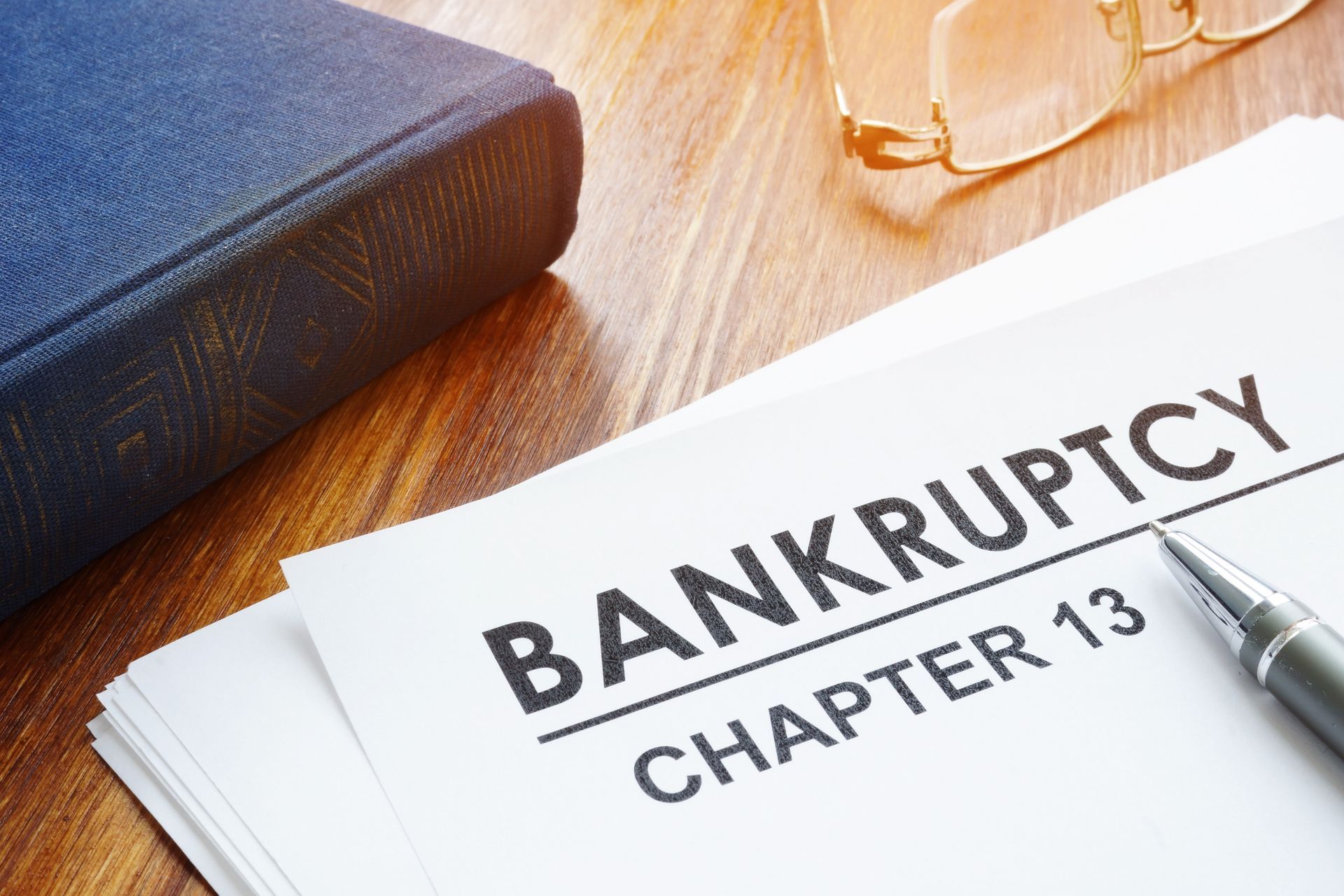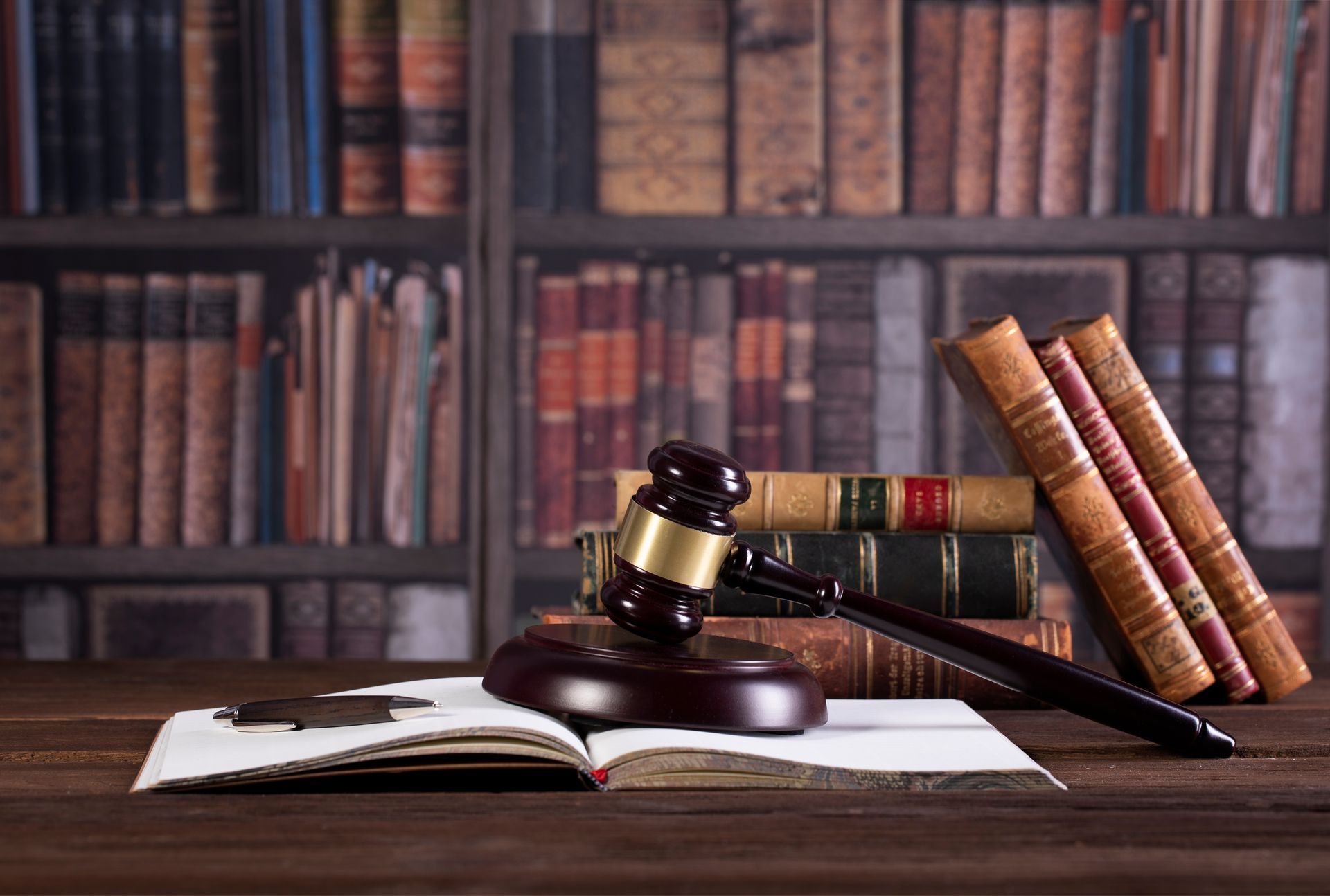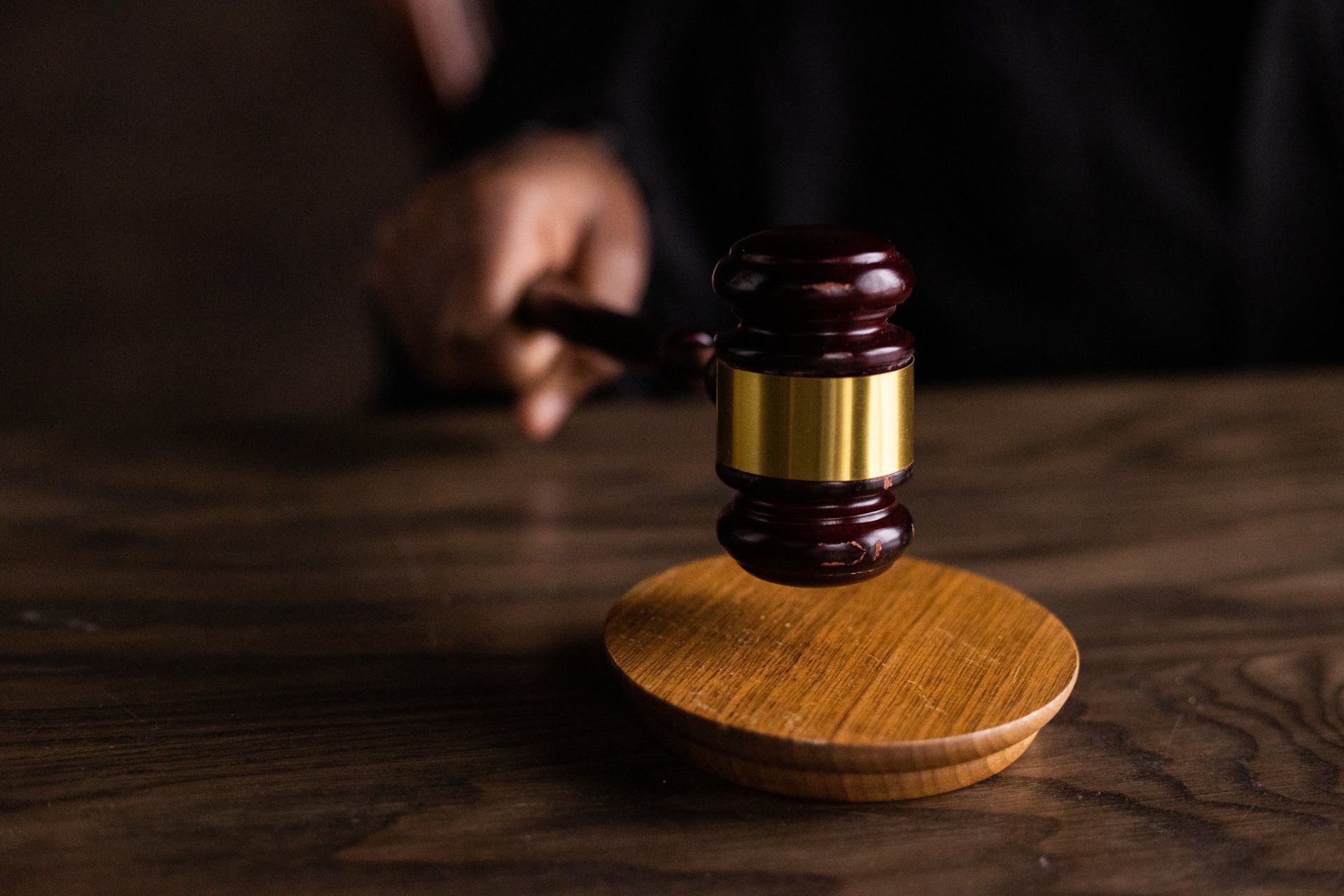What if I Can’t Afford my Chapter 13 Payment?
Going through Chapter 13 bankruptcy can involve different phases and exchanges with your creditors until you have a developed Chapter 13 repayment plan. This plan will state how much you have to pay towards your debts at each interval and the schedule by which you will make your payments. This repayment period will last 3 to 5 years during which a number of life circumstances could arise which may affect your ability to make you’re agreed upon payment.
In many cases, the problem can be due to something beyond the debtor’s control such as a medical condition, being laid off, or being involved in an accident. When the debtor is unable to work, they will probably have a difficult time paying towards their plan in bankruptcy. Fortunately, there are options when a debtor is struggling to pay their Chapter 13 repayment amount.
A debtor who has experienced a setback which he or she believes to be temporary could ask the bankruptcy court to suspend the payments temporarily. This relief is usually only granted by the court when the debtor can prove they have an adequate reason for the request. For example, if the debtor has a short-term disability but expects to be able to return to work, this could be a basis for a temporary suspension. While a suspension may briefly stop repayment it is not intended to be permanent nor does it get rid of the debt or extend the time of repayment past five years. If a suspension is granted, the debtor will still be expected to complete their payments
Sometimes the situation will be such that the debtor cannot reasonably be expected to resume paying on the original agreement terms. This may occur because of a permanent injury or another issue in their life which is not going to change. In this case, the debtor can ask the court for a modification of their repayment plan. For a modification to be approved, the plan must still address priority claims, allow for monthly payments on all secured debts, and be in the best interest of your unsecured creditors. Proving the modified plan is in the best interest of the unsecured creditors means demonstrating that your unsecured creditors would receive at minimum the amount they would receive in a Chapter 7 bankruptcy. You must also show that your plan is manageable under your circumstances.
Bankruptcy Change
Another option may be for the debtor to convert his or her Chapter 13 bankruptcy to a Chapter 7 bankruptcy. This would allow the debtor to discharge all of their qualifying debt and gain a new start. However, changing over to a Chapter 7 bankruptcy may not be available if the debtor had a previous Chapter 7 within a certain number of years. Further, the debtor would still have to qualify for Chapter 7 and potentially give up their property.
We have the knowledge and experience you need to help you understand your options and make informed choices regarding your bankruptcy modification options. Please contact us online or by phone at 517-459-9518 if we may be of assistance.










